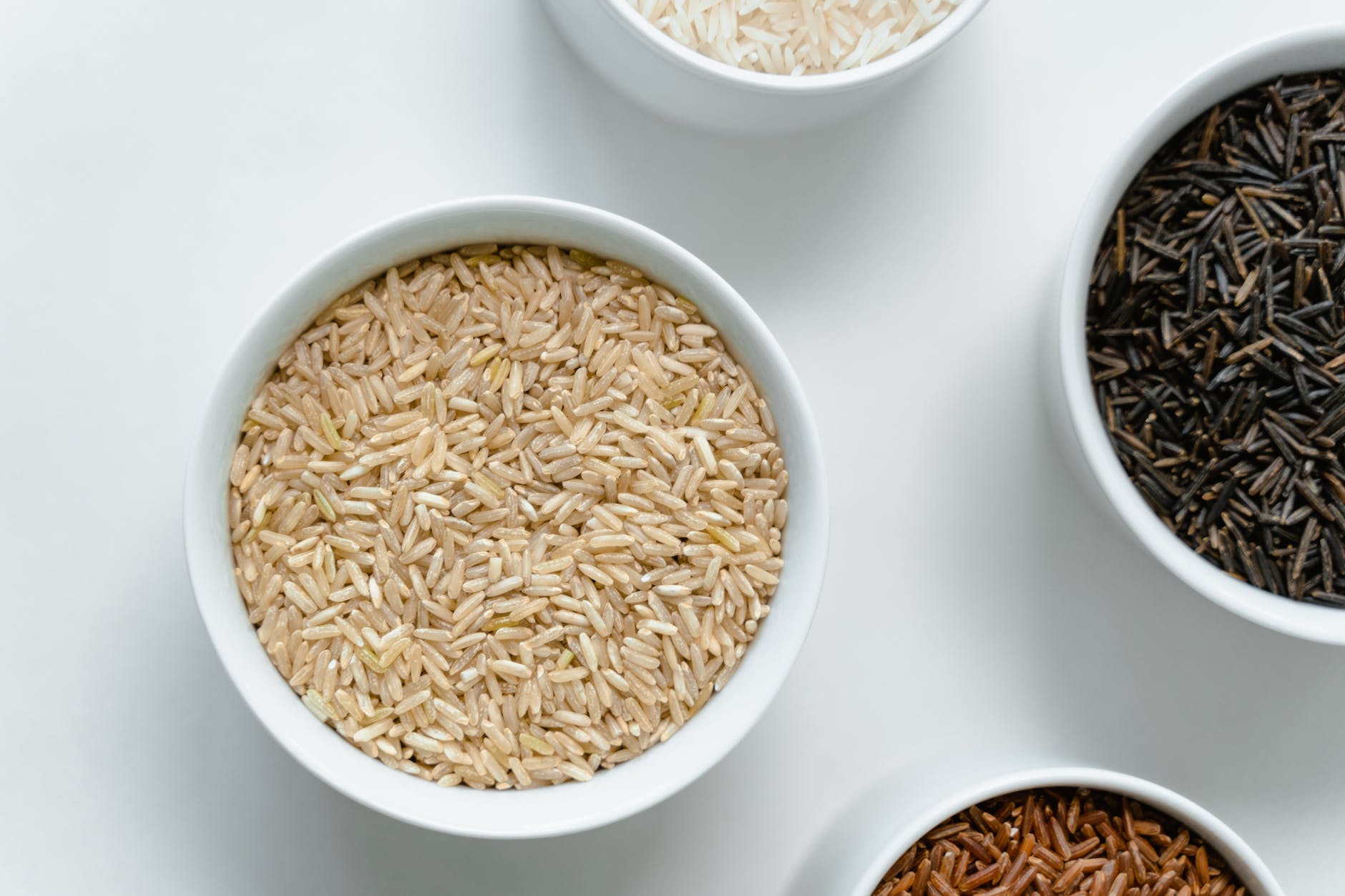
Potatoes have often been vilified in the world of weight loss, but it’s time to set the record straight. This humble vegetable, especially when boiled, can be a powerful ally in your weight loss journey. Let’s dive into the science behind this and explore how you can incorporate boiled potatoes into your diet for optimal health and weight loss.
Nutritional Powerhouse 🏋️♀️
A medium-sized potato has just 110 calories and 26 grams of carbs, but it’s not just about the numbers. Potatoes are a nutritional powerhouse, providing 30 percent of your daily value of vitamin C, 15 percent of your potassium, and 10 percent of your vitamin B6. They are also an excellent source of fiber, which aids in digestion and keeps you feeling full for longer periods, reducing the likelihood of overeating1.
Resistant Starch: A Secret Weapon 🤫
One of the key benefits of boiled potatoes for weight loss lies in their high content of resistant starch. Unlike other types of carbohydrates, resistant starch is not broken down and absorbed by the body. Instead, it passes through the digestive system unchanged, acting like a soluble fiber2. This type of starch has been linked to several health benefits, including improved insulin sensitivity, gut health, and, importantly for our discussion, weight loss2.
The Boiled Potato Diet: A Short-term Solution 🍲
The potato diet, where potatoes are the primary source of calories, is a short-term rapid weight loss solution3. This diet lasts three to five days and only allows you to eat plain potatoes4. While it may help you lose weight, it’s extremely restrictive and lacks certain nutrients, so it’s not recommended for long-term use4.
Incorporating Boiled Potatoes into Your Diet 🍽️
Instead of going all-in on the potato diet, a more balanced approach would be to incorporate boiled potatoes into a healthy, varied diet. Here are a few ideas:
- Potato Salad: Toss boiled potatoes with fresh herbs, a drizzle of olive oil, and a squeeze of lemon for a refreshing and filling salad.
- Mashed Potatoes: Mash boiled potatoes with almond milk and Greek yogurt for a creamy side dish. Add some garlic salt for extra flavor5.
- Potato Soup: Blend boiled potatoes with vegetable broth and your favorite spices for a comforting soup.
- Baked Potato: Top a boiled potato with lean protein like grilled chicken or turkey and a dollop of Greek yogurt for a balanced meal.
- Potato Stir-fry: Slice boiled potatoes and stir-fry them with other vegetables for a nutrient-dense meal.
FAQs 🤔
Q: Are boiled potatoes good for weight loss?
A: Yes, boiled potatoes are good for weight loss. They are low in calories, high in fiber, and contain resistant starch that aids in weight loss2.
Q: Can I eat boiled potatoes at night?
A: Yes, you can eat boiled potatoes at any time of the day. However, it’s best to pair them with a source of protein for a balanced meal.
Q: How many boiled potatoes can I eat in a day?
A: The number of potatoes you should eat in a day depends on your individual calorie needs and diet plan. It’s best to consult with a dietitian or nutritionist for personalized advice.
Q: Can I eat boiled potatoes on a keto diet?
A: Potatoes are high in carbs and may not fit into a strict keto diet. However, they can be included in a more liberal low-carb diet.
Q: Are potatoes healthier than rice for weight loss?
A: Both potatoes and rice can be part of a healthy weight loss diet. Potatoes are higher in fiber and resistant starch, which may aid in weight loss, while rice is lower in calories.
Remember, the key to successful weight loss is a balanced diet and regular exercise. Boiled potatoes can be a part of this journey, providing essential nutrients and helping you feel full and satisfied. So, don’t shy away from this versatile vegetable. Embrace the power of the potato! 🥔💪
Blog Tags: Boiled Potatoes, Weight Loss, Nutrition, Diet, Healthy Eating, Resistant Starch, Potato Diet, Meal Ideas, FAQs












